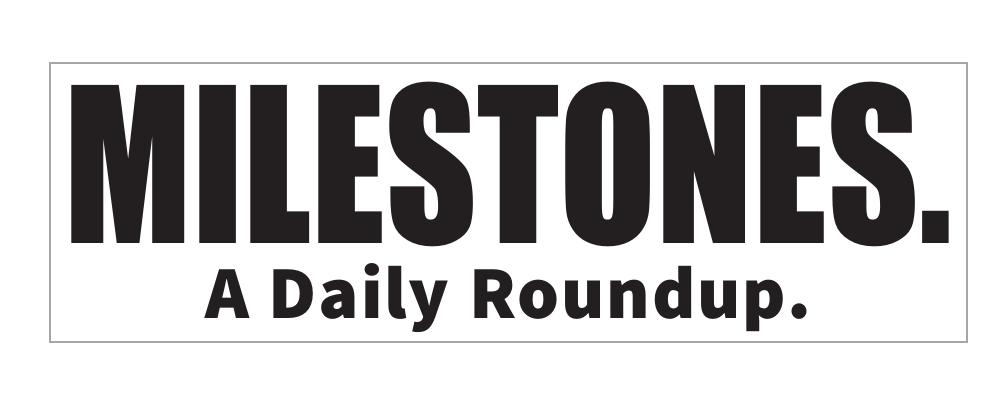Milestones: April 5, 2024

WASHINGTON’S FIRST VETO — THE NATION’S FIRST PRESIDENT, GEORGE WASHINGTON, on April 5, 1792, exercised his first presidential veto over a new plan to divide the allocated number of seats in the House of Representatives to favor Northern states. As a Virginian, Washington did not want his veto to be interpreted as a pro-Southern bias, and fellow Virginian Thomas Jefferson correctly perceived this. Jefferson, who was in Washington’s first Cabinet as Secretary of State, advised Washington to veto the plan on the grounds that it was unconstitutional and that its main principles lent themselves to future abuse. Washington needed some persuading but did veto the plan on constitutional grounds, pointing out that it would have exceeded the number of representatives that the Constitution stipulated. Congress decided not to override him, and instead drafted a new bill.
Washington’s only other exercised veto was against an act that would have reduced the number of cavalry units in the army. Perhaps as a military leader who during the Revolution had to deal with decimated troops, understood that bill to be unwise.
✰✰✰

Brooklyn Boro
View MoreNew York City’s most populous borough, Brooklyn, is home to nearly 2.6 million residents. If Brooklyn were an independent city it would be the fourth largest city in the United States. While Brooklyn has become the epitome of ‘cool and hip’ in recent years, for those that were born here, raised families here and improved communities over the years, Brooklyn has never been ‘uncool’.